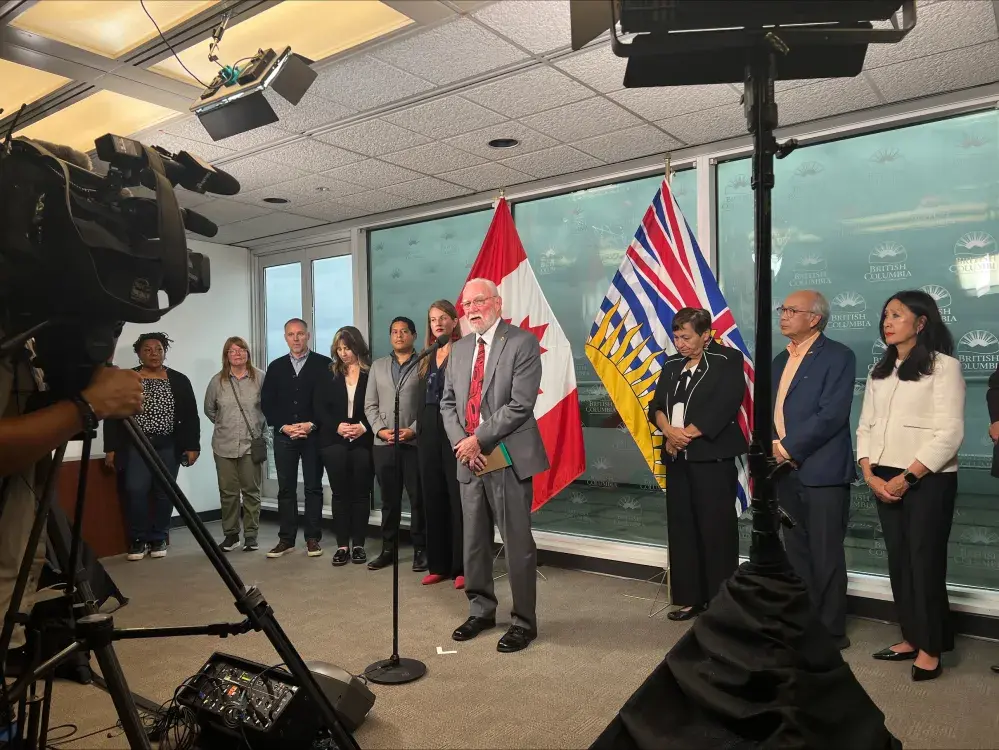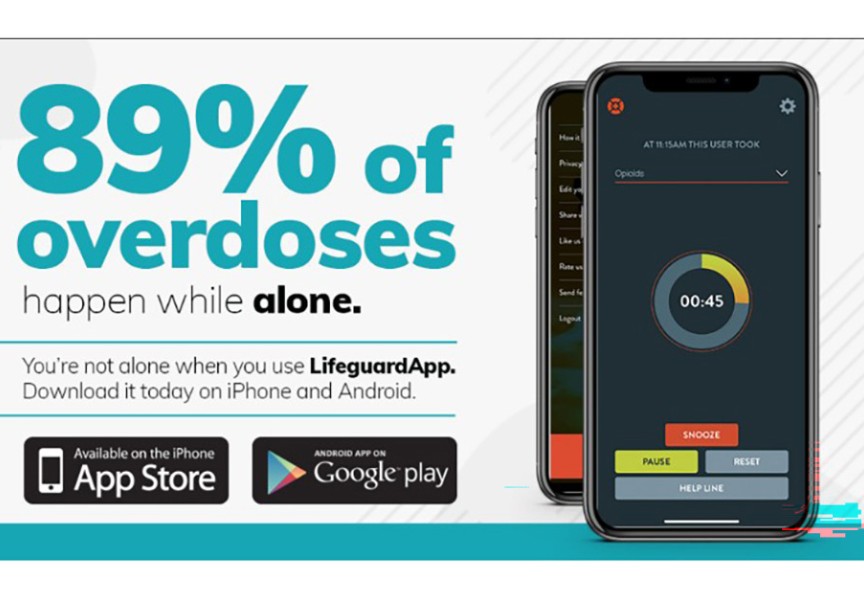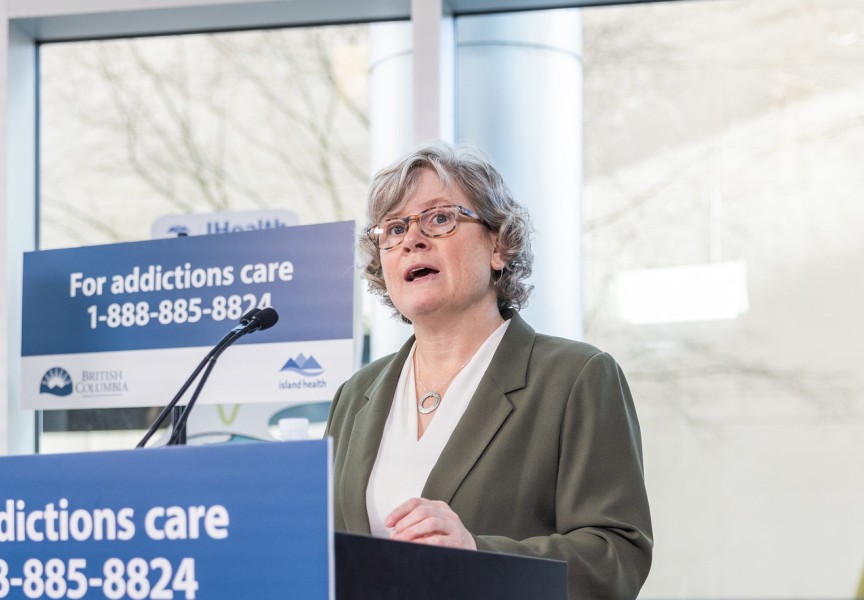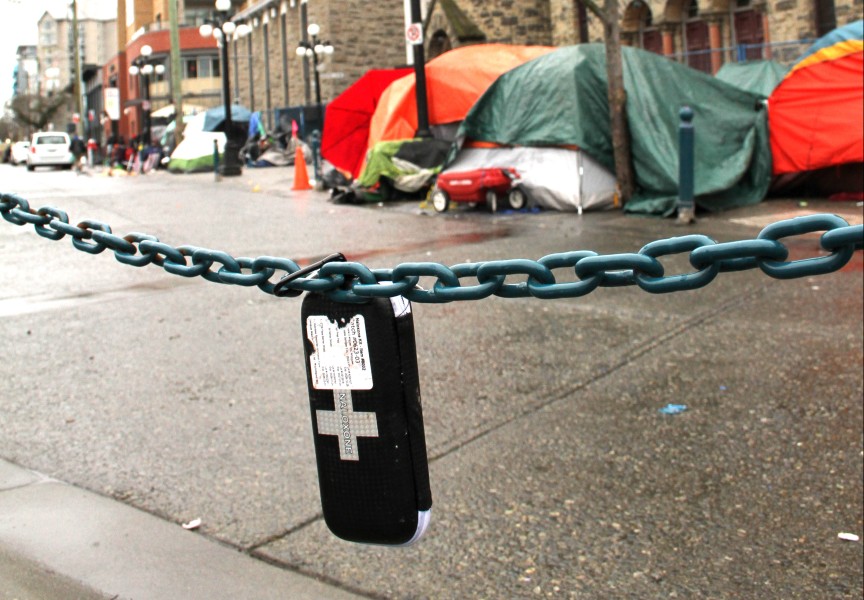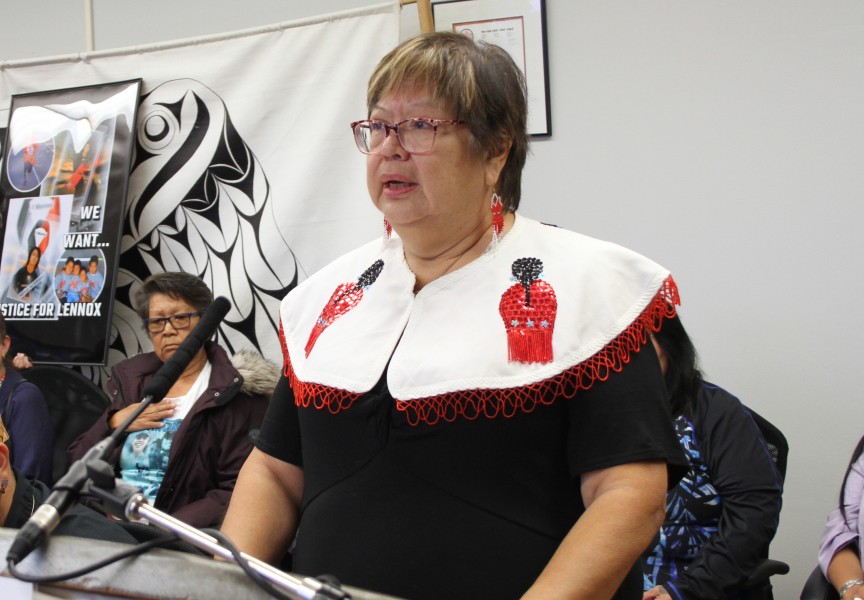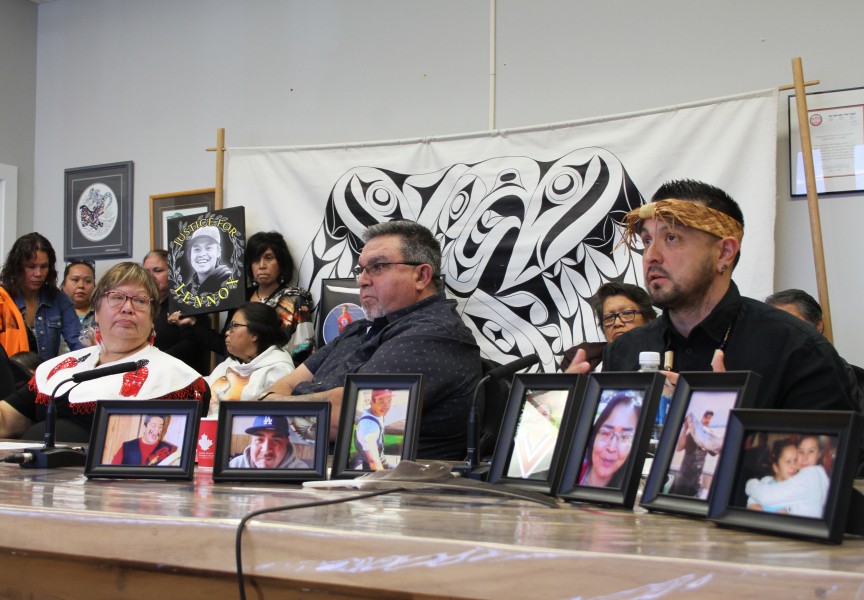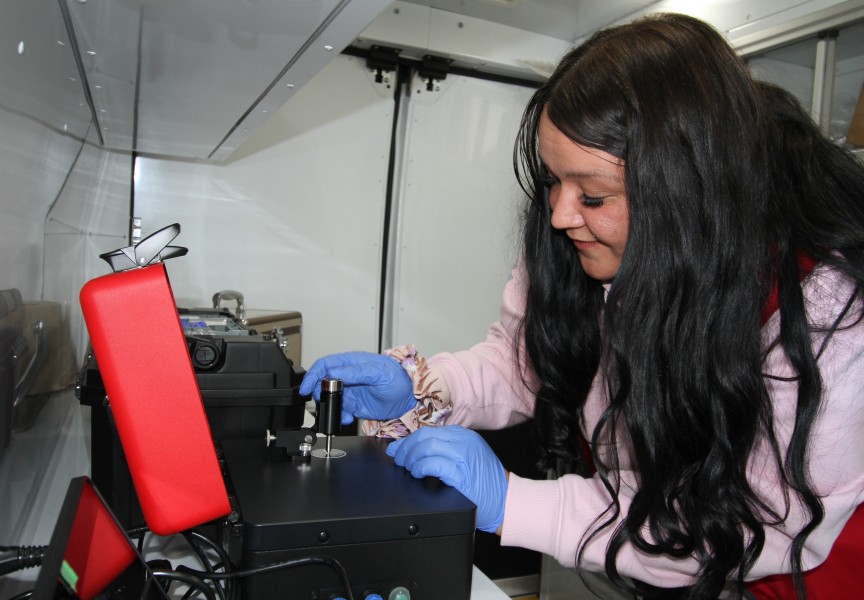Former Vancouver mayor Larry Campbell has a new job with the NDP government as an adviser for the Downtown Eastside (DTES).
His contract is for six months from Sept. 29, 2025, until March 31, 2026, and he is getting paid $92,000, plus up to $10,000 in expenses.
“I am not a czar. I am not a saviour,” said Campbell during a Sept. 29 press conference in Vancouver. “I’m going to try. That’s all I can say.”
Campbell was Vancouver’s mayor from 2002 to 2005, a Canadian senator from 2005 to 2023, served as B.C.’s chief coroner and was also on the Vancouver Police Department’s (VPD) drug squad in the ‘70s.
He will work in collaboration with Christine Boyle, minister of Housing and Municipal Affairs, and George Chow, the parliamentary secretary for the Downtown Eastside and Chinatown, to improve the quality of life for all people who live and work in the neighbourhood.
Campbell emphasized during the Sept. 29 press conference that moving people from the street into housing was priority.
“By working in partnership with the strong community and business leadership that already exists, and bringing my experience and relationships to this role, we will advance housing policy that meets local needs, and reduce barriers to strive for seamless care for our unhoused neighbours, especially women and Indigenous people, and those with complex mental health and addictions,” said Campbell in a provincial media release. “Working together on these solutions will help us address community concerns and move ahead in a focused, compassionate and effective way.”
Chris Livingstone, executive director of the Aboriginal Front Door Society, said they are looking forward to working together to improve the lives of people in the downtown neighbourhood.
"I have the pleasure of knowing Mr. Campbell as mayor of Vancouver and trust he can bring the right amount of focus, momentum and solutions for people of the Downtown Eastside,” said Livingstone in a media release.
Sarah Blyth, executive director of the Overdose Prevention Society, echoed the sentiment.
"Larry Campbell, former coroner, senator, and VPD, supported Vancouver's first safe-injection site when he was mayor. Larry understands harm reduction, poverty and the devastation the overdose crisis has had on the Downtown Eastside community. I can't think of a person with so much experience spanning decades, and we welcome his leadership and support as we work towards finding solutions to the serious issues we are facing," said Blyth in the media release.
According to recent federal government statistics, 18 people die each day due to apparent opioid toxicity. In 2024, BC Emergency Health Services (BCEHS) paramedics responded to a total of 40,543 overdose/poisoning patient events for the year, an average of 111 calls a day. Vancouver was the top community for overdose / poisoning calls in 2024 with 9,564 calls.
For many years Vancouver-Centre North, the local health area that includes the Downtown Eastside, has had by far the highest rate of fatal overdoses in the province. Over the first six months of 2025 the area recorded an overdose rate of 310 per 100,000 people. Terrace was second over this period with a rate of 104.
“From its very beginnings, Vancouver was shaped by the violence of men like Deighton, Stamp and Van Horne, who built a city on unceded xʷməθkwəy̓əm, Skwxwú7mesh, and Səl̓ílwətaɬ lands, while erasing Indigenous women and girls from its story,” said Angela Marie MacDougall, executive director of Battered Women's Support Services, in a media release.
“Formally known as Skwxwú7mesh community Kum'kum'a'lay and at Luq'luq'I - the Grove of beautiful maple trees, the Downtown Eastside carries that legacy, a neighbourhood where systemic inequities, licit and illicit substance use, and the devaluation of women's and girl's lives converge most brutally,” continued MacDougall. “For decades, women-serving organizations have stood in that breach, resisting the ongoing crisis of gender-based violence and the national emergency of Missing and Murdered Indigenous Women and Girls. As we move forward, our task is clear: centre women and girls in every intervention. That means investments rooted in equity, wellness and housing so that safety, dignity and justice are not exceptions, but the rule. I am eager to work with all partners to ensure that the voices and needs of women and girls are at the heart of every solution for the Downtown Eastside.”

